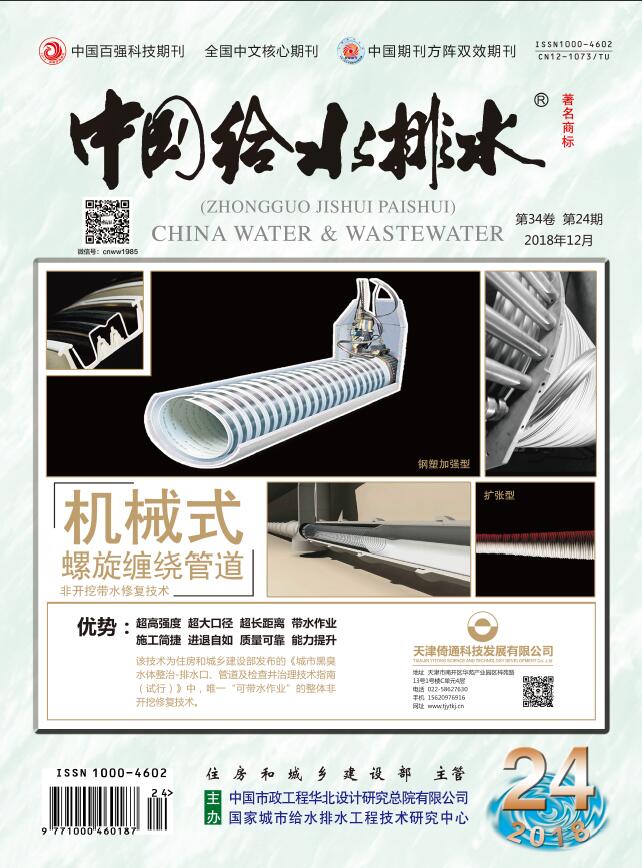YANSheng-han,HUANGHeng-xu,ZHUOGui-hua,et al.Effect of Different Mixing Ratio of Glucose and Protein in Substrate on Hydrogen Production in Microbial Electrolytic Cell[J].China Water & Wastewater,2023,39(13):95-102.
Effect of Different Mixing Ratio of Glucose and Protein in Substrate on Hydrogen Production in Microbial Electrolytic Cell
China Water & Wastewater[ISSN:1000-4062/CN:12-1073/TU]
volume:
第39卷
Number:
第13期
Page:
95-102
Column:
Date of publication:
2023-07-01
- Abstract:
- Hydrogen production from microbial electrolysis cell (MEC) can effectively degrade sludge organic matters to obtain clean energy, and its hydrogen production efficiency is significantly affected by substrate properties. A batch cycle experiment was carried out to investigate the effect of mixing ratio (1∶0, 5∶1, 1∶1, 1∶5 and 0∶1, calculated by COD) of glucose to bovine serum albumin (BSA) on hydrogen production in MEC. The simulated substrate consisted of glucose (carbohydrate) and BSA (protein). Glucose in MEC was more easily utilized than BSA, and had better hydrogen production performance. In the experimental group with glucose to BSA ratio of 1∶0, the hydrogen production reached (28.96±3.45) mL. With the increase of BSA, the hydrogen yield decreased significantly, and the glucose removal rate decreased from (98.65±0.70)% to (92.24±1.84)%. In the experimental groups dominated by BSA (the ratios of glucose to BSA were 1∶5 and 0∶1), hydrogen was more rapidly converted to CH4. In addition, glucose affected the degradation efficiency of BSA, and the degradation rate ranged from (38.49±4.31)% to (44.96±5.13)%. Glucose also affected the conversion pathway of BSA, which could be proved by the decreasing production of ammonia nitrogen (a by-product of protein degradation).
Last Update:
2023-07-01

